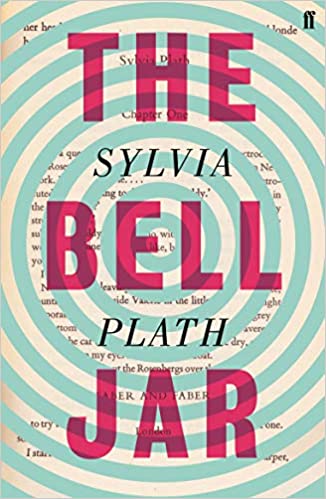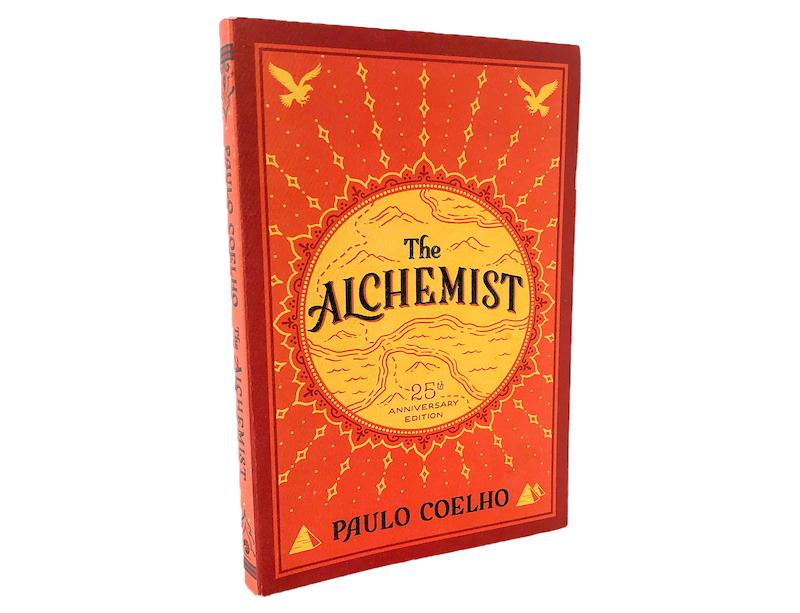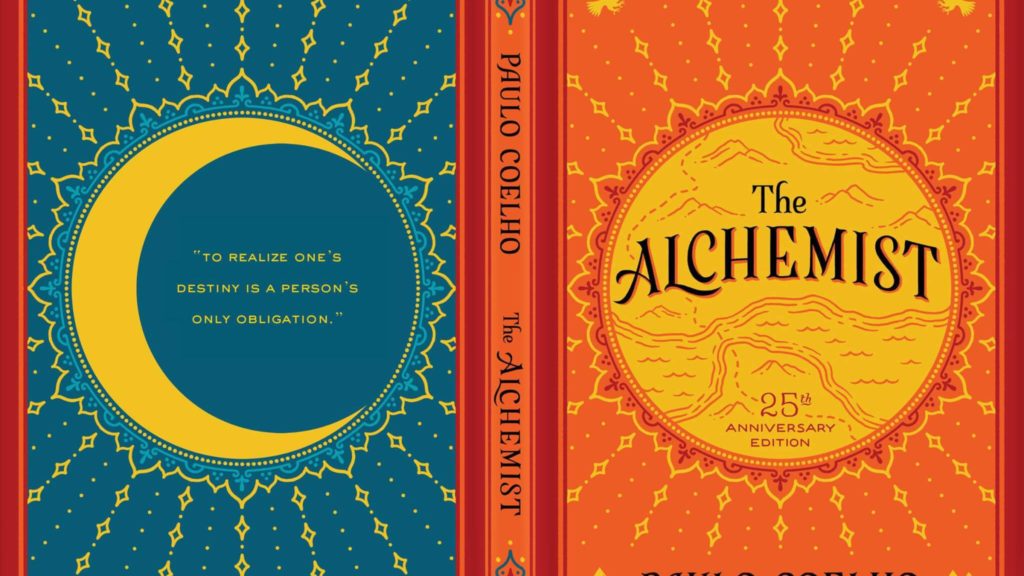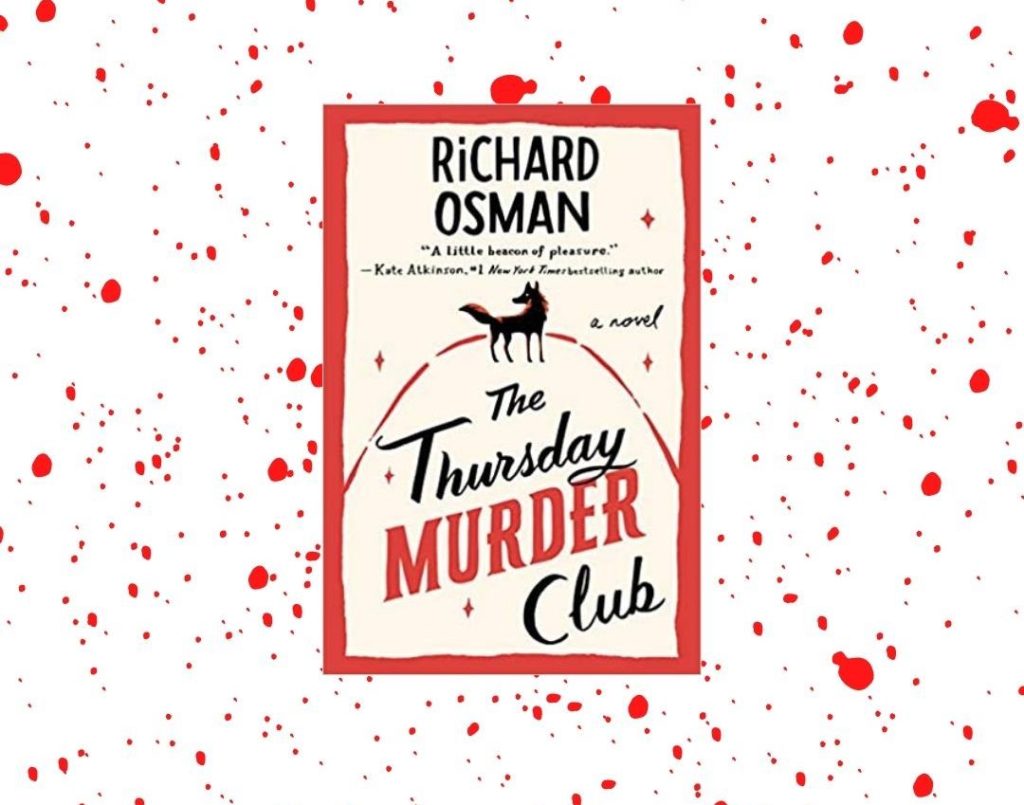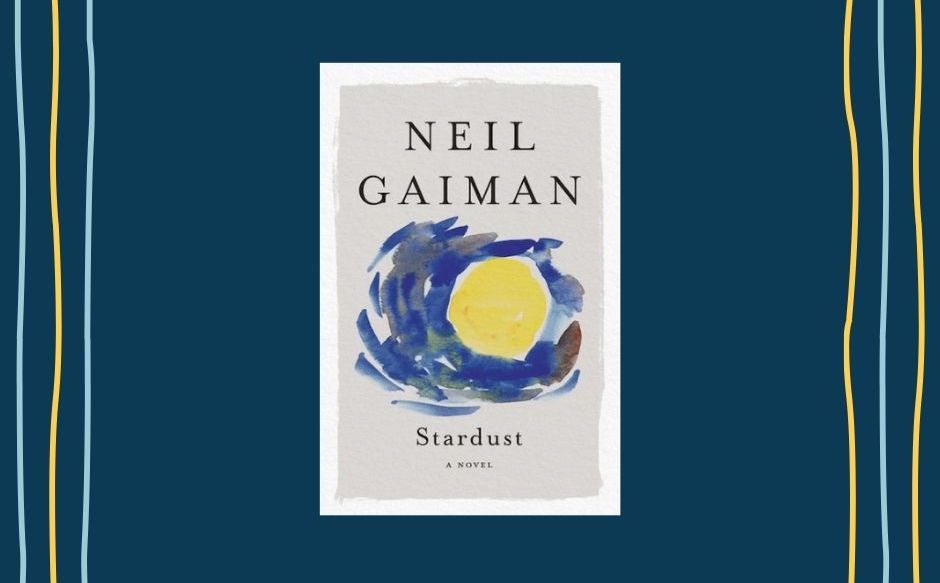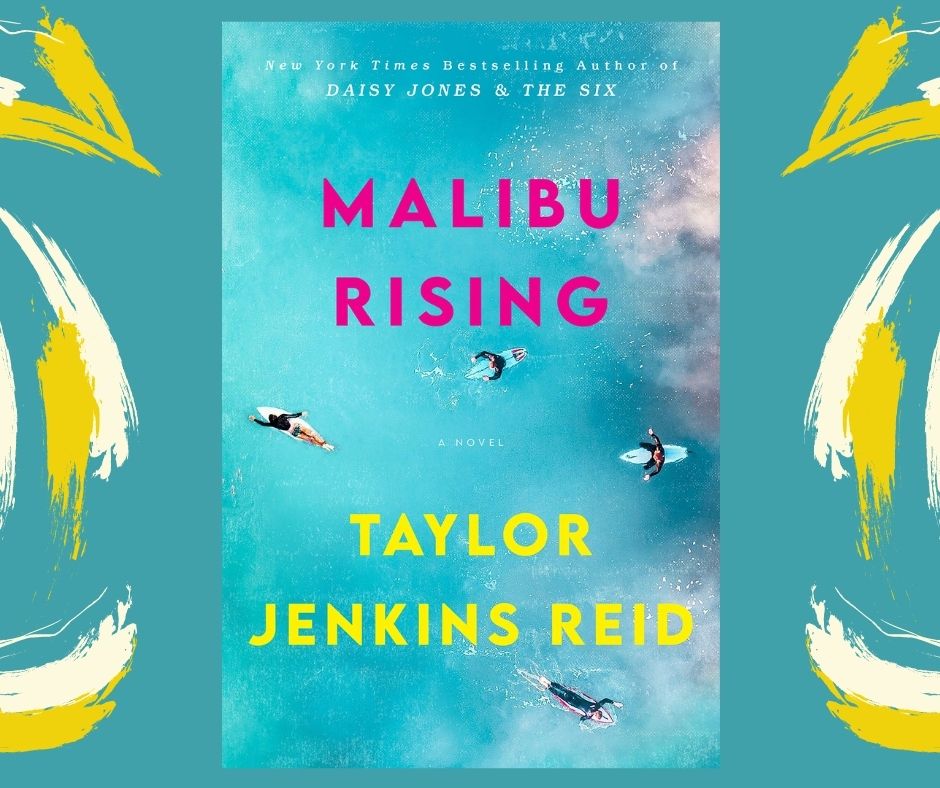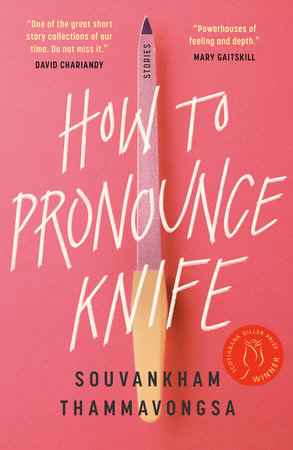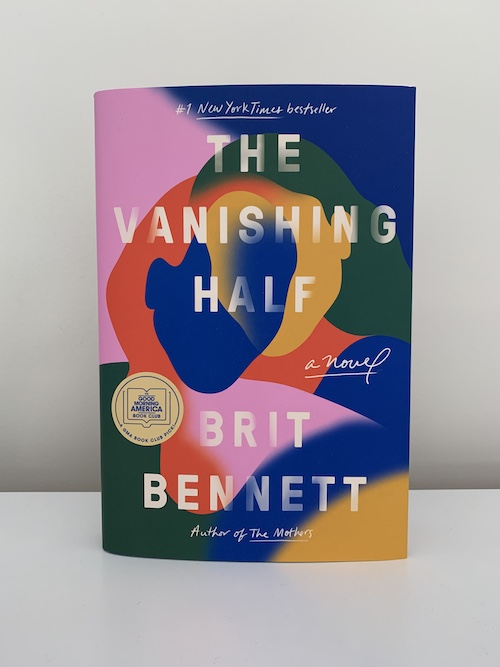
Fans of Jane Austen will love Elizabeth Taylor.
Mrs Palfrey at the Claremont has all the nuanced observations of high society along with a bit of icy wit. Mrs Palfrey is sharp as a tack and in pretty good form for an old bird. But she’s widowed, running out of funds (not too badly), and does not want to impose on her daughter or nephew by moving in with them (unimaginable). Instead on a rainy Sunday afternoon in January, she arrives at the Claremont Hotel, which is where many an old codger end up who have financial means and do not need hospital care. It’s a seniors home without the nurses.
The group quietly accepts her, or perhaps she quietly accepts them. Everyone cues like cattle for the dining room to open. And they are mostly stiff upper lipped, formerly wealthy Brits, with opinions.
Mrs Palfrey quickly finds herself telling a fib about her nephew coming to visit. Then it becomes a bit of a gossipy playing card with the other ladies who do have visitors. Everyone is quite nosy in this novel. Well, dear Mrs Palfrey finds herself having a bit of a tumble one day while out on a walk. A young writer named Ludo helps her up and delivers her home. It’s an unlikely friendship but Mrs Palfrey asks if Ludo might pop in for a drink at the Claremont so she can pass him off as the nephew who’s been too busy to visit.
Well, it’s all funny in a Jane Austen way from there. I won’t spoil it.
This is a quaint read, and in some ways reminds me of The Thursday Murder Club by Richard Osman.
